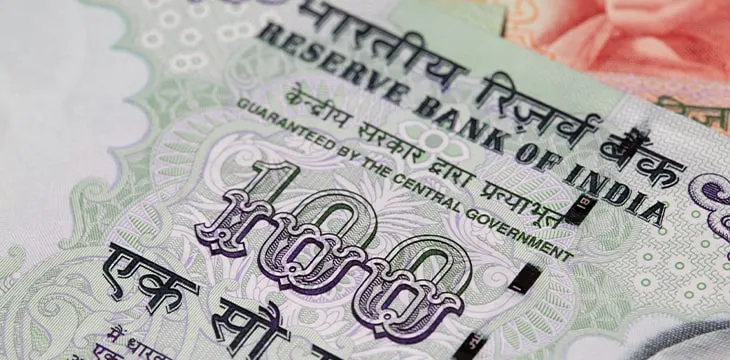|
Getting your Trinity Audio player ready...
|
The Reserve Bank of India (RBI) has stated that despite the rise of cryptography and distributed ledger technology (DLT) technological advances, the risk of “cyptoisation” of emerging market economies (EMEs) like that of India is still limited at present.
The central bank made the remark in its Financial Stability Report, a biannual publication of the RBI’s Financial Stability Unit. The assessment is in relation to other macro-financial risks that the Indian economy is likely to face.
According to the RBI, digital assets are not currently a significant risk because their overall size is relatively small. Digital assets represent only 0.4% of global financial assets at present, and their connectedness with traditional financial systems is restricted, the report said.
However, the RBI thinks that as digital assets and the ecosystems they support grow, their risks are likely to also increase and therefore are worth monitoring.
“We must be mindful of the emerging risks on the horizon. Cryptocurrencies are a clear danger. Anything that derives value based on make-believe, without any underlying, is just speculation under a sophisticated name,” the report said.
For stablecoin—digital assets that are purported backed 1:1 with fiat or other real-world assets—the RBI says that it could face similar redemption risks and investor runs as money funds, as stablecoins are backed by assets that can lose value or become illiquid in times of market stress.
For “private digital assets” like digital currencies, the dangers the RBI intends to monitor are their potential to be used in evading KYC/AML/CTF regulations. Their volatility can also erode capital account regulation, weakening exchange rate management. Private digital assets can also lead to disintermediation from the formal financial system.
CBDCs are the way to go for EMEs
While the report echoes the RBI’s concern over digital assets undermining the financial sovereignty of India, it is in support of the introduction of central bank digital currencies (CBDCs).
The report points out that many countries share this view as they have been getting increasingly “engaged in projects related to CBDCs.” Countries that cut across EMEs and Advanced Economies (AEs) recognize that CBDCs can make financial systems more efficient and inclusive.
Regardless, CBDCs also hold their risks, one of which is the risk of reduced fiat deposits that could result from a mass shift to CBDC usage, the RBI said. The central bank has previously confirmed plans to launch its CBDC pilot by 2023.
Watch: The BSV Global Blockchain Convention panel, Blockchain in Middle East & South Asia
https://www.youtube.com/watch?v=RzSCrXf1Ywc&t=11677s

 07-05-2025
07-05-2025 





